Trust and Action Project
Trust and Social Rehabilitation in Action
Outline
Subject
The Trust and Action project focuses on two acts concerning judicial cooperation in criminal matters in the EU, namely:
- Framework Decision 2008/947/JHA on the application of the principle of mutual recognition to judgments and probation decisions with a view to the supervision of probation measures and alternative sanctions;
- Framework Decision 2009/829/JHA on the application, between Member States of the European Union, of the principle of mutual recognition to decisions on supervision measures as an alternative to provisional detention.
Member States involved
More specifically, the project activities address the implementation of these Framework Decisions in Italy, Spain, and Romania. These States have been selected as their prison and probation systems are characterized by a high number of foreign nationals serving pre-trial detention or probation measures. Therefore, they can represent a promising test-bed for other Member States as to the strategies for ensuring the effective application of the instruments at issue, while also securing the rights of the persons concerned.
Project activities
The project activities mainly focus on the analysis of the causes of the Framework Decisions’ poor implementation and on the possible ways forward. In this context, the project activities cover first of all the analysis of the institutional settings at the national level. The study of formal and informal dynamics of implementation and application of transfer procedures - through in-field research and surveys and interviews with key-actors - is a distinctive feature of the project and an important pre-condition for understanding the state of the art and its possible development. Also, the consortium will develop quantitative and qualitative analysis of existing data, with a view to better identify the most pressing challenges and the most promising patterns of implementation. Building on this background analysis, the project activities include the identification of recurring blocks to cooperation and of existing/possible best practices, by the means of mutual learning and discussion groups composed of selected experts and key-actors from Italy, Romania and Spain. The in-depth analysis of the advances and shortcomings of judicial cooperation in these will lead to the elaboration of a model of cooperation between the authorities of the Member States involved. Lastly, the outcomes of these activities will be spread through a MOOC (Massive Open Online Course) on the key-features of these Framework Decisions and on their practical implementation.
Objectives and expected outcomes
The project activities are intended to strengthen mutual trust and improve cooperation between Italy, Romania and Spain in relation to the Framework Decisions at issue, with a potential spillover effect to other member States. To this aim, the project aims at strengthening national authorities and practitioners’ knowledge and awareness on these instruments. Also, the project activities are intended to shed light on existing institutional setting underpinning the application of the tools at issue, with a view to cope with the pitfalls of judicial cooperation.
Consortium
The consortium gathers universities, governmental authorities and associations from Italy, Spain, and Romania. The composition of the consortium is intended to provide a multi-sectoral approach to the subject matter and to achieve a deeper understanding of the issues at stake. The partners are:
- University of Turin (Italy)
- Romanian Center for European Policies (Romania)
- Amapola Progetti (Italy)
- University A Coruña (Spain)
- Italian Ministry of Justice (Italy)
Project period
Start: October 2018
End: January 2021

